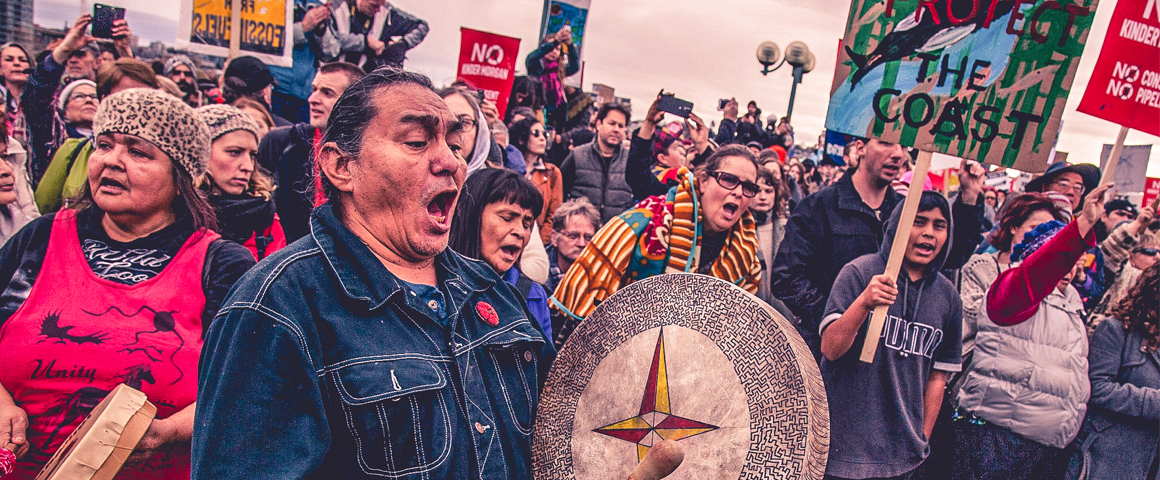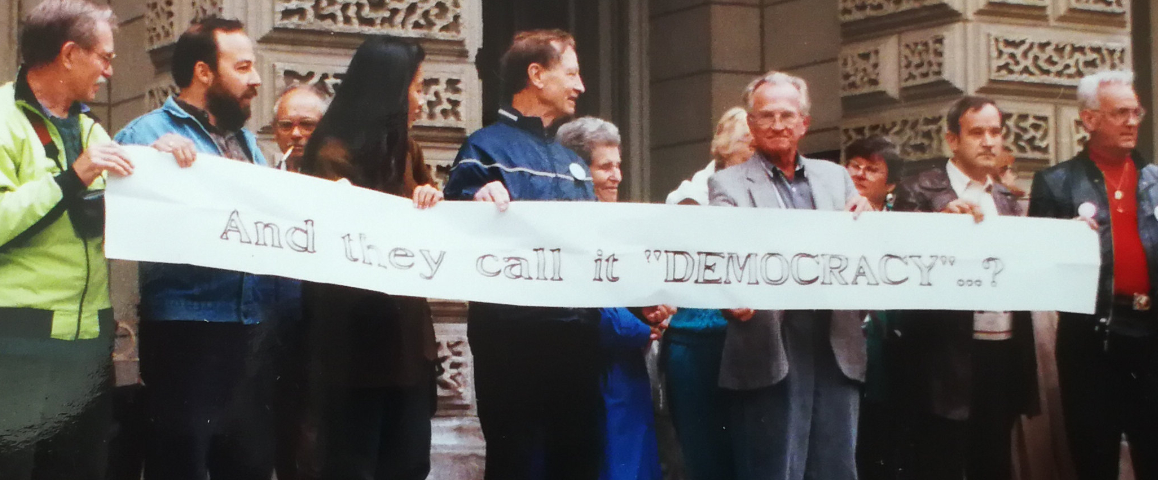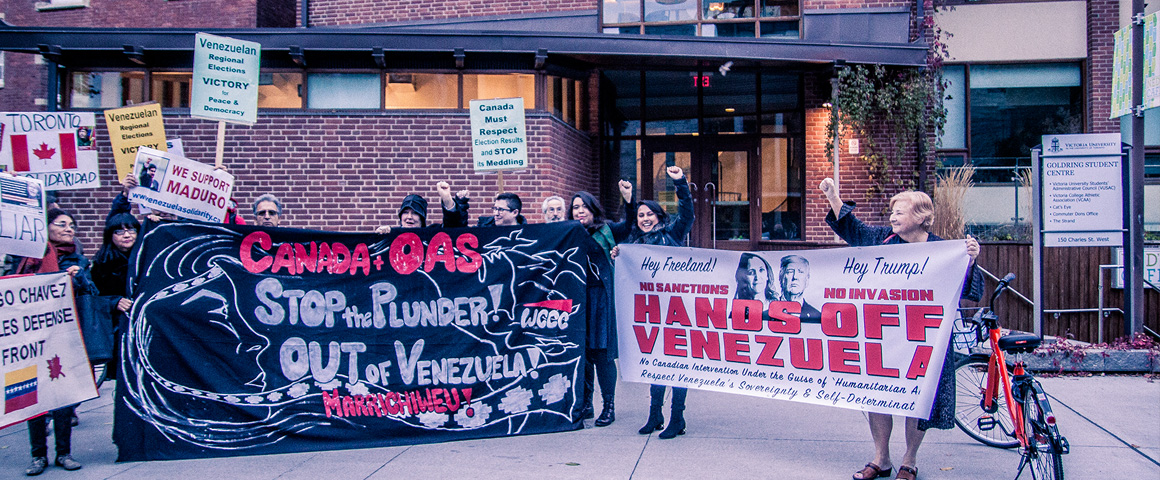There’s no guarantee that Kinder Morgan’s suspension of “non-essential activities” towards twinning its Trans-Mountain pipeline is more than a temporary halt. But make no mistake, this is a major victory for Indigenous peoples, environmental groups, and the people of the Metro Vancouver area and others along the route. KM put the “blame” on B.C.’s NDP government, which opposes the plan to dramatically boost the pipeline’s capacity to carry undiluted bitumen from the Alberta tar sands. This was an important factor, but it’s also true that the Horgan government and its Green allies were elected by voters who want to block this potentially disastrous project. And before anyone extends kudos to Mr. Horgan, remember his government has approved the Site C dam and promised to slash taxes for any new LNG export plant.
The downside is that the Trudeau Liberal government and the Alberta NDP both continue to support the pipeline expansion, in a transparent bid to please the big energy monopolies. Their arguments border on ludicrous (Canada needs much higher exports of unprocessed bitumen to fight climate change? Seriously, Justin?). But that never stopped pro-corporate governments from strong-arming opposition, which could still happen.
But today, the lesson is that people power can challenge the profit-driven fossil fuel industry’s efforts to crush resistance to carbon emissions and climate change. Starting with the courageous stand against KM by the Tsleil-Waututh First Nation, opposition has grown steadily. Most recently, this included the March 10 demonstration by up to 10,000 people at the KM site on Burnaby Mountain, and then the arrests of 200 protesters. The first sign of this strategy’s success came on April 7, when the RCMP declined to arrest Indigenous leaders. The path to an economy based on public ownership, renewable energy, and green jobs will be long and difficult. But the journey has begun.




